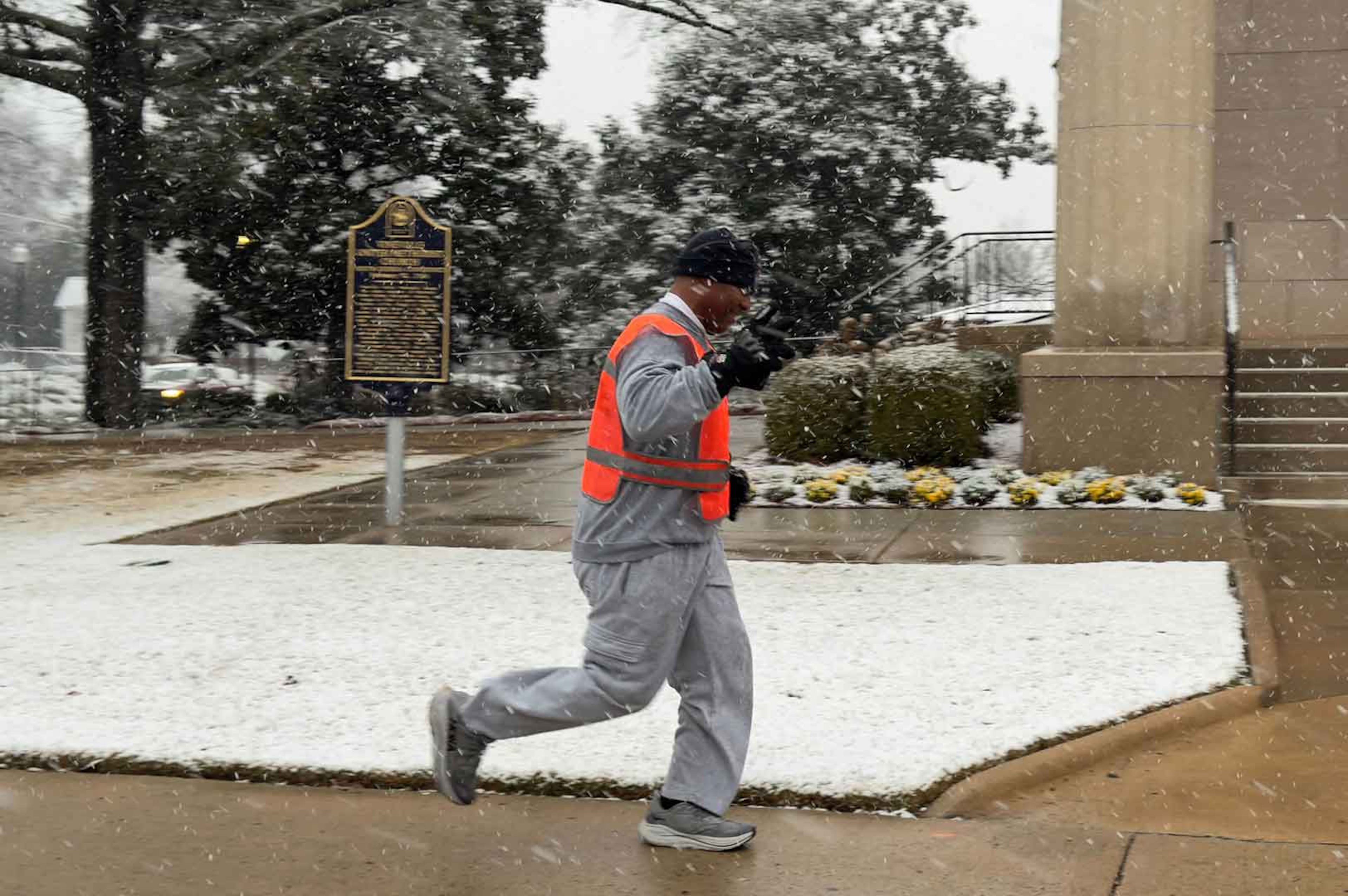Opposed by sex assault victims, campus rape bill clears Ga. House panel

A bill that would limit the ability of Georgia’s public colleges to investigate and punish those accused of rape on campus cleared a key House panel Wednesday by unanimous voice vote.
Two women who say they were sexually assaulted spoke against the measure at the state Capitol arguing it would discourage victims from coming forward.
“This bill will not protect the victims or the accused,” said Grace Starling, who is now in law school. “This is not right. We are scared of this legislation.”
Sponsored by state Rep. Earl Ehrhart, who chairs a House panel that oversees higher education funding, the measure would bar schools from pursuing final disciplinary action against a student unless he or she was convicted or pleads no contest to criminal charges. Schools also could not initiate their own investigation unless police had done so.
Currently, schools have separate disciplinary proceedures - operating under federal Title IX guidelines - that may expel or suspend a student found responsible for sexual assault even if the police are never involved.
Ehrhart said the bill would provide protections for those falsely accused and also shield the state from liability. Georgia Tech, for instance, has been hit with lawsuits by students who argue they were denied due process and expelled from the prestigious school after being accused of sexual assault.
A victim, Ehrhart said, could choose not to go to police but “you can’t create a liability for the state.”
“You can make that choice on your own, with your own conscience,” he said. Ehrhart said his bill “is going to change some abuses on these campuses.”
Wednesday’s hearing at the state Capitol was packed. Many of those attending were students.
Jonathan Hawkins, an Atlanta lawyer who spoke out in favor of the bill, said an accusation of rape “could be an academic death sentence” for the accused.
One particularly controversial portion of the bill would have required school officials who receive information that a felony, such as rape, is committed on campus to report the crime to law enforcement. The subcommittee on Wednesday carved out a narrow exceptions to that mandate for social workers and psychologists.
Starling said if the professor she told about the assault had been required to report it to the police “I would have lost all power.”
Mandatory reporting “will silence victims,” she said.
“If you pass this bill you will take away our voice,” she said. “You will take away our ability to direct our own lives.”
Jessica Caldas, a graduate student at Georgia State University, was raped by an acquaintance who lived on the floor below her in the dorm.
She didn’t report it to the police because she “felt shame, fear and guilt.”
“It was enough to stop me from reporting. This law provides a chilling effect on the victim,” Caldas said.


